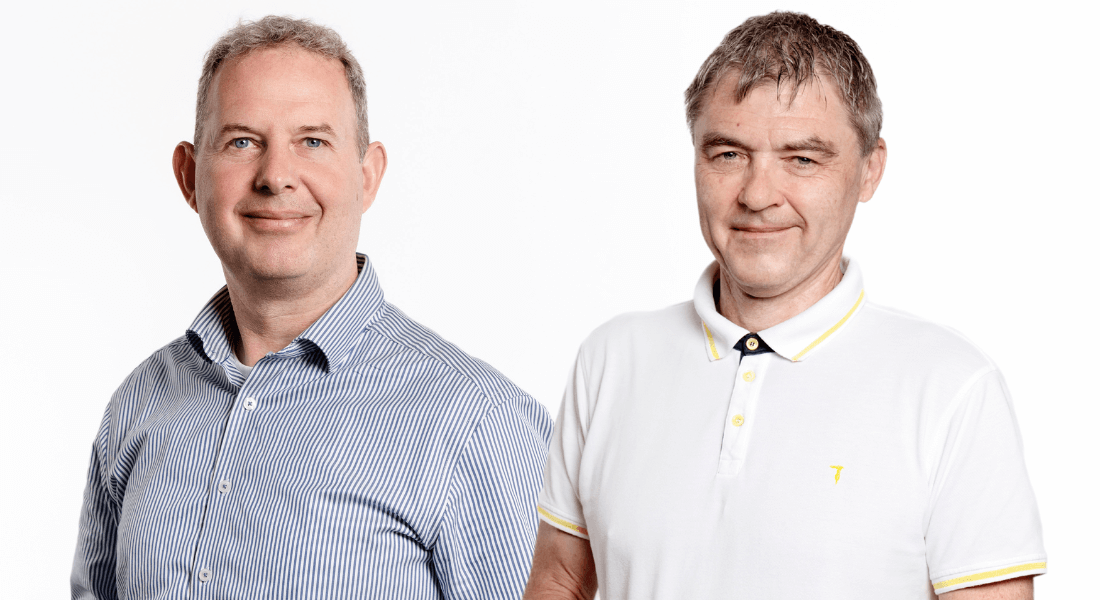Inaugural lecture: Max Nielsen and Rasmus Nielsen

To celebrate their appointment as Professors of Economics and Management of Marine Resources and Aquaculture at the Department of Food and Resource Economics (IFRO), Max Nielsen and Rasmus Nielsen will give their inaugural lectures on 16 May, followed by a reception.
Title of lecture: Putting fish on the table: Ways to promote sustainable growth of healthy aquatic foods.
The point of departure for this lecture is the continuously increasing demand for aquatic foods worldwide appearing as a result of population growth, increasing income and changing preferences towards healthy food products. Fisheries appear as an efficient low-cost provider of aquatic food, however, 82% of global fish stocks are fully exploited, overexploited or depleted, and the sector is challenged if it should maintain the current level of harvest. In contrast, aquaculture is one of the fastest growing animal food producing sectors, providing opportunities to meet the ever-increasing demand.
The lecture will be divided into four parts, each describing a key area contributing to aquatic food supply for the growing world population. Each part will give an overview of the opportunities and challenges in each area, including regulation of our aquatic resources.
About the lecture
The lecture begins with a short history of global fisheries and their challenges of overexploitation. Today’s status after half a century’s focus on regulation is provided, emphasizing the role of property rights and economic incentive-based regulation. Founded on current well-established regulation in countries such as Denmark, the lecture reflects on the contribution of the fisheries economics and management discipline to solve current and future environmental and climate challenges of the sector to allow us to continue to eat wild fish.
The second part focus on aquaculture production and development, also known as the “blue revolution”. Within the last 50 years, aquaculture has become a global industry and is today an important contributor to global food security. However, the fast growth has raised concerns about the sectors sustainability. Thus, how can economic management, regulatory design and technical innovation address the growing concern of sustainability.
In the third part, efficiency and upgrading of value chains for aquatic food products from fishing and farming to final consumers are explored. The international character of the chains with prices determined at the world market is examined and the innovation of value chains discussed. The lecture furthermore explores consumer preferences for attributes of sustainability, quality and safety to allow producers to target sale to meet demand in both developing and developed countries.
The final part focus on Oceans as the new battleground for space in order to extract or protect natural resources. Activities, such as fisheries, aquaculture, energy production and resource extraction are competing for space at sea. On the other hand, the need for protection and restauration of ecosystems also requires space to secure healthy marine ecosystems and productive oceans. The lecture explores the balance between exploitation and protection in order to achieve the most benefit to society now and in the future.
________
The event is open to all, and we hope to see many of you there!
The reception takes place outside the auditorium.
On behalf of IFRO,
Per Svejstrup, Head of Department
